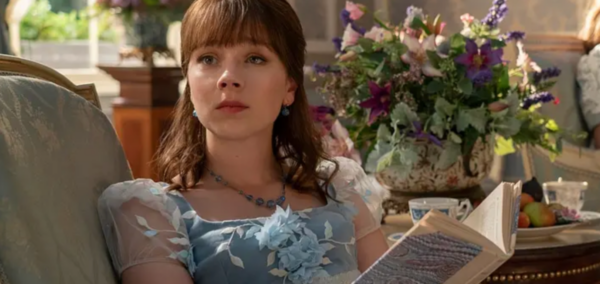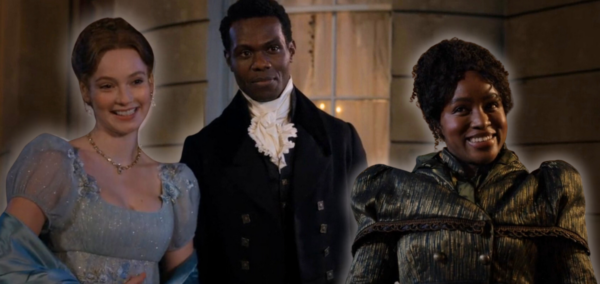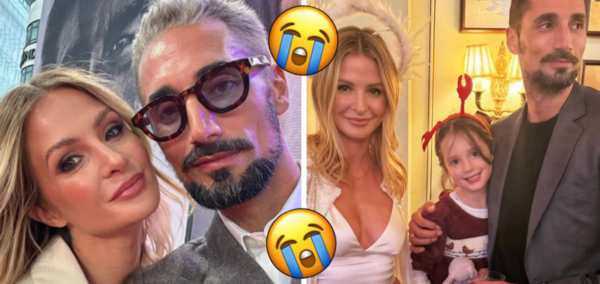
Jamie Oliver’s new children’s book pulled from sale due to ‘offensive’ stereotyping
The book was criticised for the ‘stereotyping of First Nations peoples and experiences’
So, Jamie Oliver wrote an illustrated children’s book called Billy and the Epic Escape. The book came out in May, but is suddenly being pulled from shelves. Here’s rundown of why, so you can make sense of what’s going on.
Er, so Jamie Oliver writes kids’ books now?
Apparently. Billy and the Epic Escape is the much-awaited (by some eight-year-olds, anyway) sequel to Jamie Oliver’s bestselling children’s literature debut, Billy and the Giant Adventure. The series follows an English ten-year-old who wanders through woods meeting magical creatures. According to the Penguin Random House UK’s website, anyway. I haven’t exactly read it.
Billy and the Epic Escape came out on 23rd May, and peaked at number one in the somewhat specific Amazon category Crafts & Hobbies for Young Adults. The book does not appear to be about crafts or hobbies or to be for young adults?
Indigenous Australian communities called the book ‘offensive’
So, the book includes a subplot about an Indigenous Australian girl called Ruby. Various people from Indigenous Australian communities have criticised her portrayal.
Sharon Davis from the National Aboriginal and Torres Strait Islander Education Corporation said the portrayal of Ruby was really insensitive, and called for the book stop being sold. They said the book contributes to the “erasure, trivialisation, and stereotyping of First Nations peoples and experiences.”

(Image via Penguin Random House UK)
Ruby is supposedly from Mparntwe (also knows as Alice Springs). However, she uses vocabulary from the Gamilaraay people in New South Wales and Queensland. Sharon Davis said this shows “a complete disregard for the vast differences among First Nations languages, cultures, and practices”.
Most Read
In the book’s backstory, a villain kidnaps Ruby. Sue Anne Hunter who is part of a government commission into injustices against Indigenous people in the state of Victoria, criticised the plot point.
She called out “the particularly insensitive choice to include themes of child stealing, given the painful historical context of the Stolen Generations in Australia.”
From the 1860s to the 1970s, the Australian government encouraged the police to take Aboriginal children. They were placed in institutions or fostered, and cut off from their culture.
Sharon Davis felt a chapter called To Steal a Child suggests Indigenous Australian families “are easily swayed by money and neglect the safety of their children”. The book “perpetuates a racist stereotype that has been used to justify child removals for over a century”.
Ruby has mystical mind-reading powers and can talk to plants and animals. She tells the English characters who rescue her, “that’s the Indigenous way”. Many people felt this was trivialising the complex belief systems from different cultures across Australia.
Dr Anita Heiss, a Wiradyuri author, told The Guardian, “There is no space in Australian publishing (or elsewhere) for our stories to be told through a colonial lens, by authors who have little if any connection to the people and place they are writing about.”
The publishing house has stopped selling the book

Jamie Oliver in Jamie: What to Eat This Week
(Image via Channel 4)
Jamie Oliver and Penguin Random House UK have announced that they’re going to stop selling the children’s book in all countries where they have the rights, including the UK and Australia.
Jamie Oliver said he was sorry
The publishing house Penguin Random House UK has apologised for not asking any First Nations people to read the book first and give feedback on how their culture is portrayed. Penguin said, “Penguin Random House UK publishes this work and takes responsibility for the consultation, or what we would call an authenticity read of the work.
“It was our editorial oversight that this did not happen. It should have and the author asked for one and we apologise unreservedly.”
Jamie Oliver said, “I am devastated to have caused offence and apologise wholeheartedly. It was never my intention to misinterpret this deeply painful issue.”
Feature image of Jamie Oliver via Channel 4





















